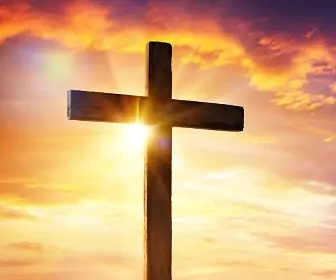
For many, Halloween is a much-anticipated holiday filled with costumes, candy, and spooky celebrations. However, not everyone partakes in the festivities.
Christians, in particular, hold religious beliefs that lead them to forego this popular celebration.
Halloween has ancient roots in Celtic harvest festivals and later became associated with All Hallows’ Eve, the day before All Saints’ Day.
Some Christians view Halloween as being rooted in pagan or occult practices that go against their faith.
Concerns about glorifying darkness, death, and supernatural elements that conflict with their belief in light, life, and the divine may lead Christians to seek alternatives to traditional Halloween observances.
Furthermore, some Christian denominations believe that Halloween may trivialize or desensitize people to real-life spiritual warfare and evil forces.
These religious perspectives call for Christians to reject or modify Halloween celebrations and instead focus on alternative festivals or activities that align with their beliefs and values.
Halloween pagan origins and it’s association with the occult, death, and superstition:
Paganism
Halloween originated from the ancient Celtic festival of Samhain, which was a time when the Celts believed the boundary between the living and the dead was blurred. Some Christians believe that God forbids merging pagan customs with Christianity.
Darkness
Halloween is associated with darkness and glorifies dark characters from mythology, such as witches, vampires, ghosts, and zombies. The Bible says to “have no fellowship with the unfruitful works of darkness” (Ephesians 5:11).
Immortality
Halloween is based on the idea that humans have an immortal soul and live on in another form after death, which is unbiblical.
Representing Christ
How a Christian represents Christ matters, especially on polarizing days like Halloween.
About the Author
Isaac Mbugua is a Senior Journalist and Digital News Writer at Diaspora Messenger News Media








